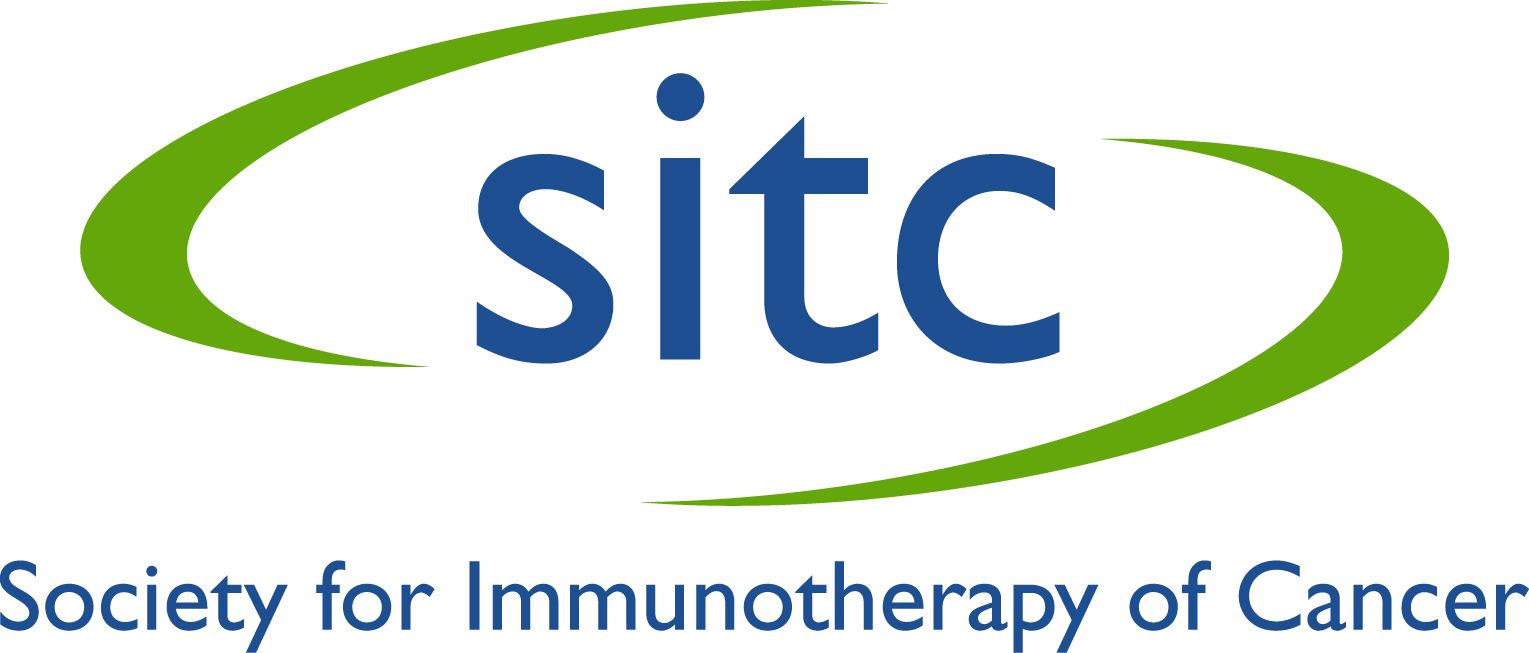
Cabozantinib/Pembrolizumab Trial Poised to Improve Efficacy, Safety in Advanced Melanoma

November 12, 2020 - In an effort to further improve outcomes without sacrificing tolerability, the combination of cabozantinib with pembrolizumab is being evaluated in patients with advanced melanoma in a phase 1b/2 study.
In an effort to further improve outcomes without sacrificing tolerability, the combination of cabozantinib (Cabometyx) with pembrolizumab (Keytruda) is being evaluated in patients with advanced melanoma in a phase 1b/2 study (NCT03957551), according to a virtual presentation during the
“We hypothesize that combination treatment with cabozantinib and pembrolizumab will improve response rates without significant regimen-limiting toxicities,” study author Jayanshu Jain, MD, a resident in the Department of Internal Medicine at the University of Iowa Hospitals and Clinic, said in a poster presentation of the data during the virtual meeting.
Melanoma, when unresectable or metastatic, has an estimated 5-year survival rate of 17%. With the emergence of immunotherapy and BRAF/MEK inhibitor combinations, survival outcomes have been extended, and response rates range from 35% to 40%, Jain explained. Although the combination of nivolumab (Opdivo) and ipilimumab (Yervoy) is indicated for patients with melanoma and is known to improve survival outcomes, 55% to 60% of patients will experience grade 3/4 adverse effects.2,3
In September 2014, the
Investigators hypothesized that, since the combination of cabozantinib and the PD-1 inhibitor nivolumab has been shown to improve overall survival (OS) and objective response rates (ORRs) in RCC, the regimen could be worth exploring in melanoma; this could also serve as a safer approach for patients, according to Jain.
In the phase 1b portion of the trial, which had a 3+3 design, cabozantinib was administered at a starting dose of 40 mg; this could be reduced to 20 mg or escalated to 60 mg, depending on toxicities. In this study component, investigators will determine the recommended phase 2 dose of cabozantinib, with secondary end points being safety and preliminary activity.
In the open-label, non-randomized, phase 2 portion of the trial, 14 patients will be accrued. If more than 5 responses are observed, the study will accrue to an additional 30 patients, totaling 44 patients. Jain explained that 44 patients are needed to ensure 80% of power at an alpha of .05. If 5 or fewer responses are reported, the study will be terminated.
In this portion of the trial, investigators will evaluate the primary efficacy of the established cabozantinib and pembrolizumab doses as the primary end point; secondary end points comprise time to response, disease control rate, progression-free survival, and OS. As an exploratory end point, changes in tumor biomarkers will also be studied.
“We anticipate that this combination will increase the overall response rate from 35% to 55%,” Jain explained.
To be eligible for enrollment, patients must be 18 years of age or older, have stage IIIC or stage IV melanoma, have at least 1 measurable lesion, an ECOG performance status of 0 to 2, did not receive prior treatment for advanced disease other than BRAF/MEK inhibitors. Prior adjuvant therapy was permitted if the last dose was administered prior to experiencing metastatic relapse.
Patients with ocular and mucosal melanoma, have active central nervous system metastases or carcinomatous meningitis, or had received prior cabozantinib for any indication, or prior PD-1/PD-L1/PD-L2 in advanced melanoma, could not enroll on the study.
Additionally, patients could not have had major surgery within 4 weeks of starting on study; had autoimmune disease requiring immunosuppression, active infection, HIV, hepatitis B, or hepatitis C; and anticoagulation with oral anticoagulants and platelet inhibitors, aside from acetylsalicylic acid and low-molecular-weight heparin.
References
- Jain J, Frees M, Yasin H, et al. A phase 1b/2 study of cabozantinib in combination with pembrolizumab in advanced melanoma. Presented at: 2020 SITC Annual Meeting; November 10-15, 2020; Virtual. Poster 427.
- Hodi FS, Chesney J, Pavlick AC, et al. Combined nivolumab and ipilimumab versus ipilimumab alone in patients with advanced melanoma: 2-year overall survival outcomes in a multicentre, randomized, controlled, phase 2 trial. Lancet Oncol. 2016;17(11):1558-1568. doi:10.1016/S1470-2045(16)30366-7
- Boutros C, Tarhini A, Routier E, et al. Safety profiles of anti–CTLA-4 and anti–PD-1 antibodies alone and in combination. Nat Rev Clin Oncol. 2016;13(8):473-486. doi:10.1038/nrclinonc.2016.58






































